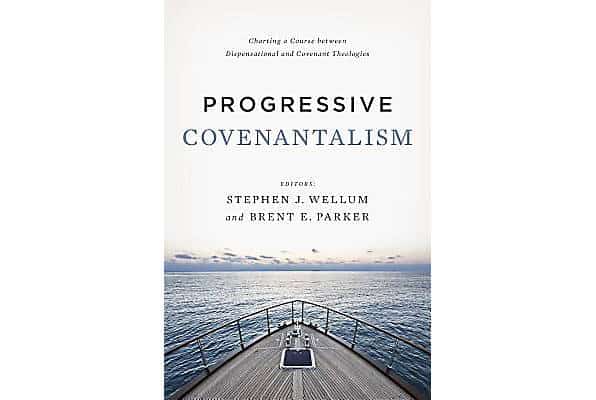⏱️ Estimated Reading Time: 3 min read
One of the classic doctrinal differences in the Evangelical church is determining how the Old Testament relates to the New Testament: Should we observe a dispensational, or covenantal, view? But perhaps the matter isn’t as black-and-white as it is normally presented in church history. Setting out to determine what this mediating position may be, Wellum and Peter Gentry wrote the massive Kingdom Through Covenant in 2012. Now, in a follow-up to that magisterial work, a team of contributors has joined forces to advocate for a Progressive Covenantal (PC) view. Stephen J. Wellum and Brent E. Parker acknowledge that “although we have benefited much from Dispensational and Covenant Theology, we were also convinced an alternative view was needed to resolve some of the disputes” (8).
Progressive Covenantalism brings together notable scholars such as Thomas Schreiner, Oren R. Martin, Stephen J. Wellum, and more to summarize the material of Kingdom Through Covenant, furthering the conversation and attempting to make it more accessible to the layperson. We see an emphasis on the practical outworkings of PC in chapters such as Schreiner’s chapter on the Sabbath, or Wellum’s chapter on biblical ethics.
Some people may be hesitant to pick up a book who parades itself as the “alternative” to two of the most widely agreed upon interpretations of the primary biblical framework. But what you will find in the pages of Progressive Covenantalism is a fresh, yet unassuming defense of the PC position. It is not arrogant, but warm, in tone. All of these authors seem to understand that while they are firmly convicted of these arguments, they are merely a voice at the table, only trying to help us navigate towards truth.
I do think that while this is an academic volume, perhaps the book could have been more approachable to the common reader. There were definitely significant excerpts that were tough for me to digest, and I enjoy this kind of stuff! I wish that in its efforts to continue the conversation from Kingdom Through Covenant that it would have maybe come off as less Greek exegesis and more theological/practical reflection.
Nevertheless, the book is a welcomed addition to biblical-theological interpretation. You will find in these essays careful Biblical study, charity to opposing views, and a desire to dig into Scripture itself to test and examine the book’s claims. For these reasons, Progressive Covenantalism is worth considering, especially for those seeking to understand how we should read the Bible from Genesis to Revelation.




